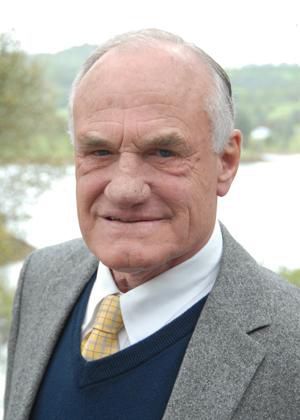Tucson Electric Power’s current attempt to levy punitive charges on solar customers is not sustainable and not welcomed. Meanwhile, a stunning turnaround for consumer rights and energy choice is taking place in Nevada, a booming solar state that eliminated its rooftop solar market overnight through regulatory action in 2015.
A year later, Nevada’s new top regulator boldly declared “bad promises are better left broken,” and re-charted the state’s solar path. Through new regulatory decisions and a bill signed by Gov. Brian Sandoval, Nevada not only restored solar energy choice, but also enacted a “bill of rights” to protect solar customers and prohibited discriminatory charges on solar customers that would undermine their investments.
TEP is asking the Arizona Corporation Commission for anti-solar fees on customers that are now prohibited in Nevada, fees which are nearly three times higher than the fees APS agreed to in their recent rate case settlement. Arizona regulators have an opportunity to rebuke such utility intransigence and learn from Nevada’s mistakes before damage is done.
The attempt by TEP to penalize solar customers is not befitting a state with plenty of sunshine, limited water supplies and a history of conserving its natural resources.
While Nevada is not the only state where utilities and regulators are negotiating rather than shutting down solar energy choice, it is a unique tale about a government responding to its citizens. As former Nevada Public Utilities Commissioner Rebecca Wagner said: “I’ve never seen this sort of progress in my 20 years in energy policy in Nevada.” Arizona would be wise to heed Wagner’s advice to state regulators grappling with similar issues elsewhere — listen to consumers.
Nevada might have taken a giant leap forward to protect consumer rights, but pro-solar public sentiment crosses state borders nationally. Across the country, people feel strongly about access to solar energy.
The journey in Nevada was a rocky one. There is a pressing sense that we are entering a new era of home energy generation and consumer participation that will force old business models to adapt. While Nevada took a detour in arriving at a more sustainable path, Arizona still has time to avoid that mistake and craft the best possible energy future that empowers Arizonans.
There is no shortage of public opposition to TEP’s proposal in Arizona. State lawmakers, the Tucson City Council, solar industry groups and countless Arizona homeowners have spoken out against penalizing solar customers and making it more difficult for Arizonans to exercise control over their energy bills. Now it is up to the Arizona Corporation Commission to make its decision.
Nevada has shown us that the solar industry and policy makers can provide people with energy choice if they work together on a sustainable long-term solution. We can have strong utilities and strong solar. That’s the brightest future for Arizona. We hope we can look back on Arizona’s trajectory as something more inspiring than a repetition of mistakes made by others.







